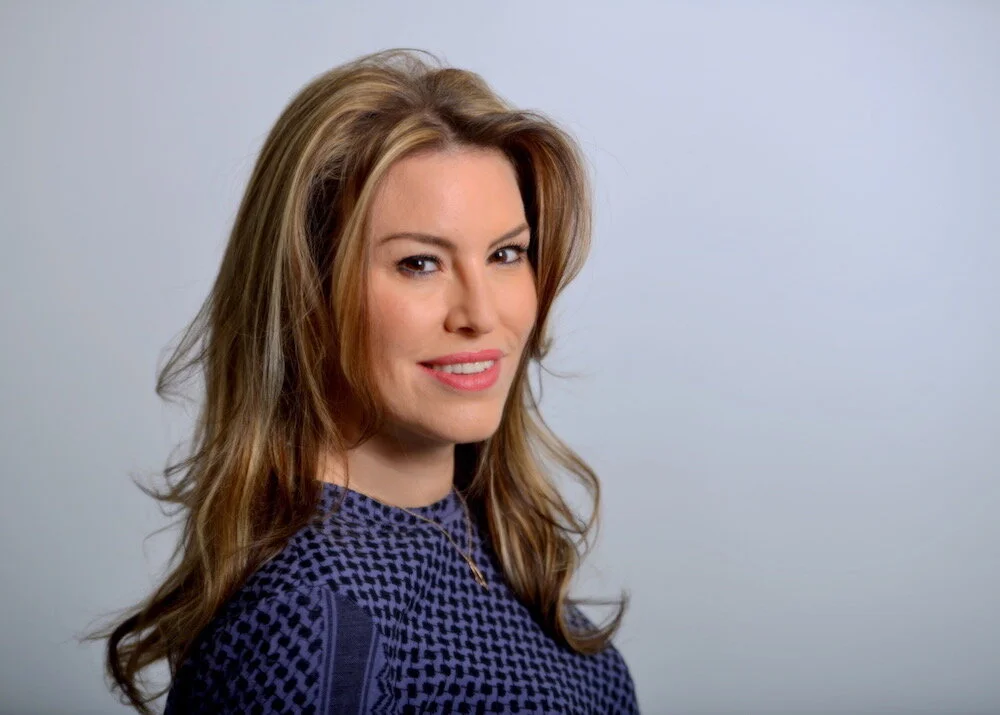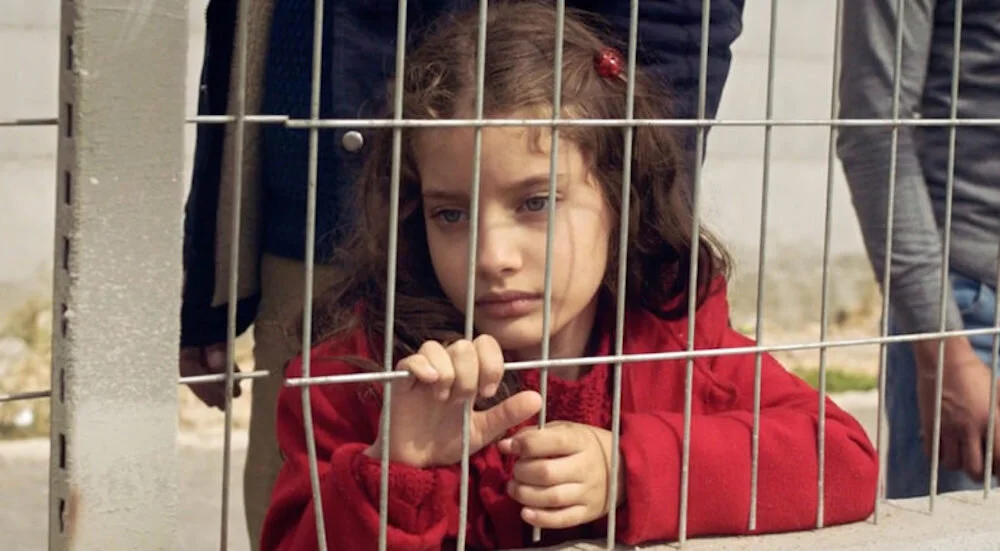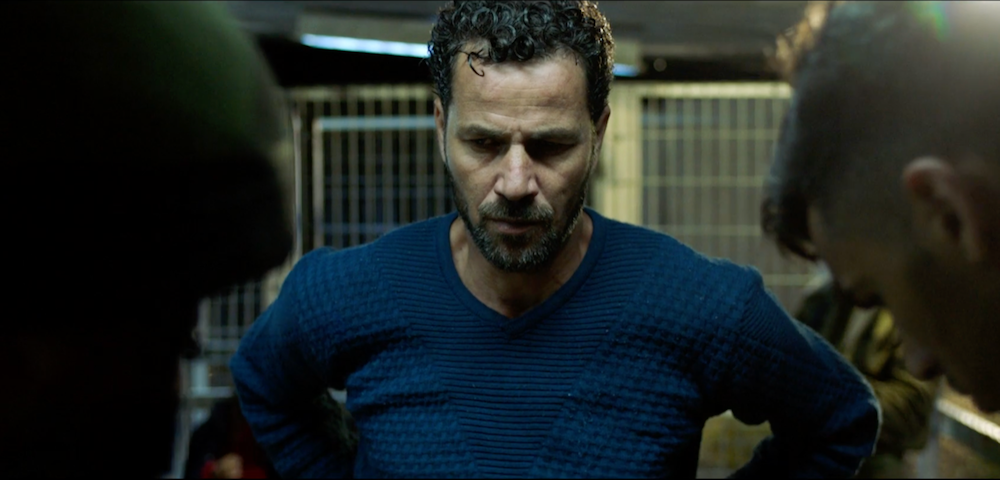It is undoubtedly the best time for short films. In this new Covid-19 landscape, where festivals and cinema screenings are being cancelled left and right, the streaming world belongs to online events, like the Brooklyn Film Festival, which this year is fully free and available online. In such an environment, the viewer can take more chances, watch films they might not venture out for or want to pay their hard earned money to watch. And in the process discover the most beautiful gems the seventh art has to offer.
For me, this new atmosphere means a lot more short films, which are always left for last in a typical festival schedule. Not because I don’t find them interesting, rather because the one or two films you usually want to watch are packaged with six others you have no interest in. And thus, often crunched for time and culturally exhausted, I end up watching very few shorts. If any…
The discovery of Farah Nabulsi’s stunning, honest and beautiful short ‘The Present’ I owe to Palestinian favorite actor Saleh Bakri. I mean, as soon as I saw his name on the BFF film line-up page, I was hooked. But while his presence is undeniably a wonderful pull into the film, Nabulsi’s perfect oeuvre stands on its own.
The title ‘The Present’ could refer to a gift, the one Yusuf, Bakri’s character goes to buy for his wife on their wedding anniversary. But it also means, to me, the current state of affairs, the here and now, for the Palestinian people.
In a permanent state of lockdown, they must feel hopeless.
Here I am in self isolation for just a couple of months and I’m ready to burst! That, paired with the injustices the Palestinian people suffer, day after day, year after year since 1948 should be enough to make anyone’s blood boil.
And yet, here we are much more interested in arguing about when our city should reopen for business than in promoting the Palestinian cause. Yes, the NY Times has devoted its front page to 1,000 victims of the virus, but where is the same front page for the Palestinian victims of oppression?
I caught up with Farah Nabulsi for an interview and found within this great artist also a phenomenal woman. Read on, you’ll thank me for it.
British-Palestinian filmmaker Farah Nabulsi
You refer to yourself as a human rights activist as well as a filmmaker. Can you elaborate on that definition?
Farah Nabulsi: I read an art critic saying “You cannot make art without a sense of identity, yet it is identity you seek by making art.” That certainly resonates for me. For sure, I make films as a way of seeking my identity — as a human being, as a Palestinian and as an artist, but I knew pretty early on that the main impetus for me was to tell the often ignored, sometimes misunderstood, sometimes misrepresented, Palestinian stories and circumstances to the outside world. When I started doing this through film, I felt it couldn’t just stop there. I felt compelled to take it further. I personally use the word ‘advocate’, not ‘activist’ when describing my public and vocal support for Palestinian human rights, out of respect and recognition for actual activists who do far more than I do and sometimes even risk their lives physically. Beyond the natural advocacy of my films, I try to inform and advocate for Palestinian Human Rights regularly through my social media platforms, public speaking engagements, and a digital resource I built that deconstructs the Israeli occupation and its endless human rights violations against Palestinians. I’m not really a patriotic person, but freedom, equality, human and civil rights for all –- those are things I feel very strongly about.
How did you come up with the story of ‘The Present’ — was it inspired by one specific incident or a collection of many?
FN: At its essence, ‘The Present’ is about freedom of movement. It’s one of the most basic human rights of all, that most people around the world take for granted. Until recently perhaps, due to the Covid19 pandemic movement restrictions, but usually the right to go and come as we please in our daily lives, is something most people usually don’t even need to consider. But in Palestine, there’s over 130 Israeli military checkpoints, another 100 or so ‘flying’ check points — that can appear anytime, anywhere — separate roads, curfews, the separation wall, a convoluted permit and ID system and of course the inhumane blockade of Gaza. These control mechanisms are all an assault on this basic human right, that in turn destroys so many other rights –- like the right to get to work and earn a living and put food on the table for your children, like being able to visit friends and family, tend to your lands, get to a hospital or clinic, school, study at university — or in the case of my film, something as simple as being able to go and buy someone you love a gift!
I wrote the story based on my own experiences at these checkpoints, witnessing other Palestinians at checkpoints and discussions with those who have to deal with the whole complex every day, including one particular young man in Hebron. Examining the impact on the human spirit, and the harm it can cause an individual, families, children, and whole communities, caught in such an exhausting, stressful and deliberately humiliating infrastructure, inspired me to write and direct this short film.
How did you cast both Yusuf and Yasmine, two casting coups if I can say so myself!
FN: I agree!
Saleh Bakri, who plays Yusef is a brilliant actor. The fact that he wanted to play the role was so precious to me and I am truly grateful for the passion and performance he gave. I had seen him in a number of other films and when I wrote the story, he was the actor that kept coming into my mind who I felt could and should play the role. It’s funny, because I didn’t know him personally, but the world conspired. When I started to co-write the actual script a bit later with Hind Shoufani, she asked me who I envisioned in my mind for the role. I told her “Saleh Bakri” and it turned out she knew him, so the introduction was made. This is all before Philistine Films came onboard with the film, and they have of course previously worked with Saleh a number of times in the past.
Saleh is a sensitive soul with an incredible talent who immediately understood the character, he could relate, and appreciated the simplicity of the story. I needed my protagonist to be delivered by someone who really understood at his core what the essence of this performance was about, and I believe Saleh embodied it beautifully and with the real intensity and dignity he brings to all his work. We’re hoping to soon collaborate again for my first feature film now in development.
The role of Yasmine is played by a strong, bright and beautiful girl, Maryam Kanj, who is not a trained actress and hardly had any experience, but who I fell in love with the minute I met her. Her smile, her big expressive eyes, her confident personality around adults and strangers, but it was her high emotional intelligence that really struck me the most. She was introduced to me by a friend of mine who happened to be her aunt. I was at my friend’s place, not in Palestine, and brought up that I needed to cast a talented 8-year-old girl, ideally IN Palestine who would also facially resemble something of her father in the film — Saleh Bakri. Completely coincidentally Maryam’s actual real father, Nael Kanj was already being brought on board to be set production designer on the film –- nuts right?! Even though I auditioned a number of young child actresses after I met Maryam, my gut knew I was just going through the motions. I knew from the get go she was the one.
What do you hope audiences will take away from your film?
FN: I want people to contemplate the film, even after they have seen it. To feel and wonder what such a life under military occupation and apartheid means for people like Yusef and Yasmine. When daily life is deliberately made so hard and stressful on an ongoing basis.
This is a fiction film based on a true situation on the ground today in Palestine, so I want people to consider this cruel, absurd reality –- and ask, would they accept it for themselves?
How do you think this brand new landscape can help short films like yours?
FN: I think already produced films and all digital content in general is thriving at the moment, in the sense that most people are mostly at home, have access, and a lot more time than normal, to watch and share such content. At first, I hated the idea that some film festivals were going online and that we have lost the incredible visual experience of cinemas, with the big screens, the energy, the audio etc., but now I feel that a lot more people are being able to see my film and others like mine, and a lot sooner than otherwise would have happened, and that’s a good thing –- because ultimately the aim really is for people be able to see and experience your art.
What made you become involved in filmmaking?
FN: It was after a life-changing trip to Palestine as an adult, and trips that followed, during which I wrote some private, personal therapeutic pieces about what I had seen and felt and begun to imagine, as I naturally began to exercise empathy by placing myself into the shoes of those who suffer the injustices there daily. I wanted to speak to people’s hearts about the situation and of course, art speaks to the heart! I initially played with my writings as audio pieces and then thought “F-it! — I’m going to make films!” While never having studied film or worked in the industry, I’ve always loved film and even as far back as I can remember, I’ve always had a very vivid visual and verbal imagination. Not long ago, my sister said to me –- “Anyone who knew you well as a child or a teenager knows you are now exactly where you are supposed to be!” – that touched me and suddenly made complete sense.
And I read your interesting family story online. How did your parents manage to find their new home country in Britain?
FN: In 1967 my mother — born and living in Palestine at the time — was visiting Lebanon when Israel attacked and the Naksa happened. Her family instructed her to meet them in Kuwait instead of returning, as was the case for many Palestinian families. She was a rebel in her own way and after sometime in Kuwait she insisted she wanted to try live in the UK a bit, and managed to get a job transfer there. She met my father, also Palestinian, who was working and doing his PhD in London at the time and the rest is history!
Three words to describe yourself to someone who doesn’t know you?
FN: This question is more fun when others are asked to describe you in 3 words and then your ego gets massaged! I think if I try describe myself in 3 words it would just depress me. Hmmm…I don’t know. Do I have to?...Let’s go with two words: Sat Nam (“Truth is my identity”) – or at least I’m working on it.



